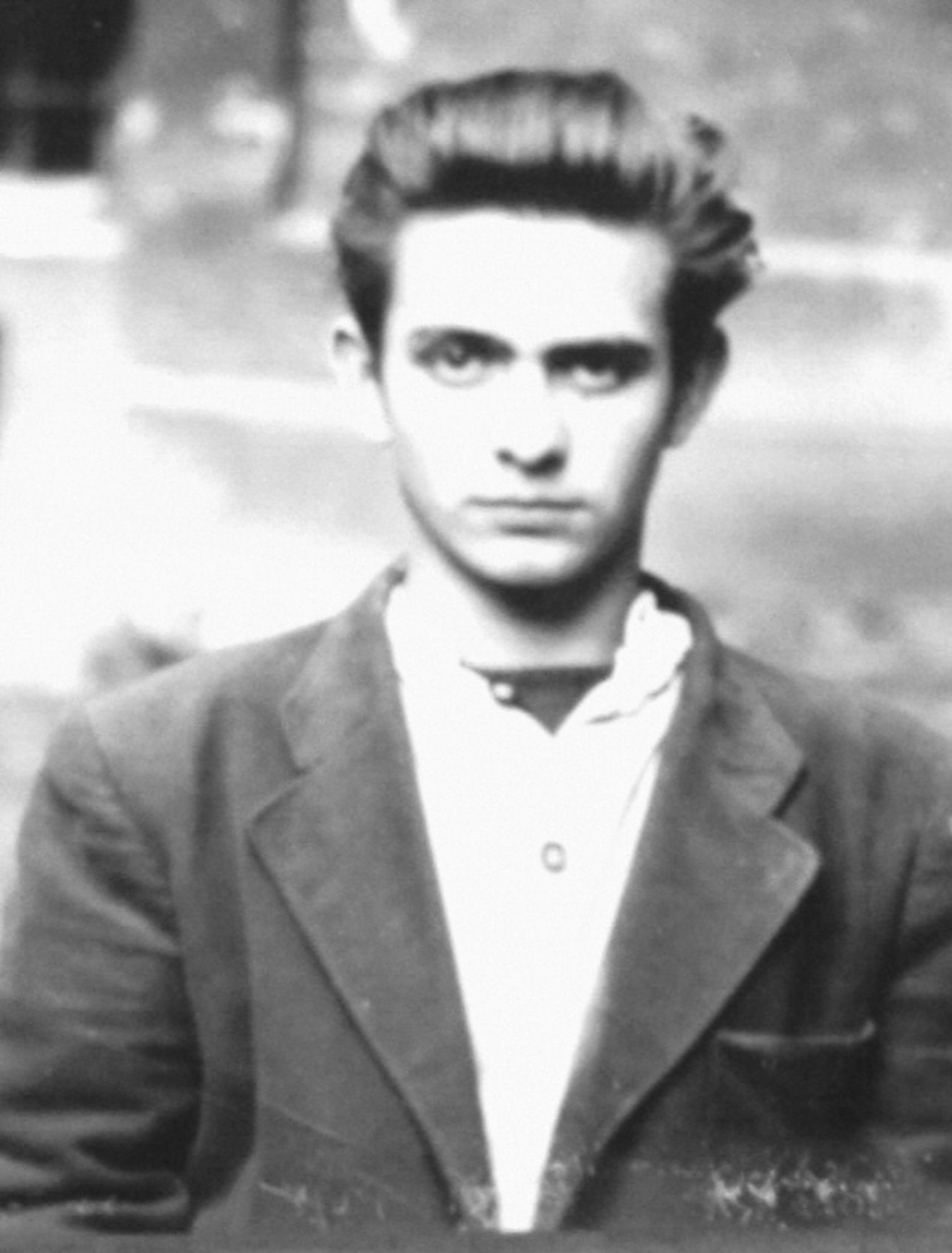You just remember the good things and forget the bad ones.
Vladislav Herzán was born on 1 February in Velké Hamry. After finishing school he started vocational training to become a toolmaker for Kovová bižuterie, n.p., where he would work up until his arrest. After the events of 1945, he began to notice the growing influence of the communist party and saw that strange people were becoming members. In February 1948, when the communists carried out their coup d‘etat, he planned to leave the country along with his friends František Pytlík and Jaroslav Snětivý, though in the end they did not go. He remained and helped to copy and distribute a leaflet called „To the Council of Prague“. On 7 September 1948 he was arrested by the secret police. He spent one day in prison in Jablonec and was then remanded in custody in Liberec. His trial took place in a Liberec court on 24 September 1948. Vladislav Herzán was sent to prison for violation of the peace and plotting; his 2.5-year sentence was the severest of all the members of the group. In addition, his father was sent to a forced labour camp for half a year. Vladislav Herzán was imprisoned in Grabštejn, Zámrsk and Žacléř. He was released after serving the entire sentence. Beginning in September 1952 he served in the army with the PTP (auxiliary army units for „politically unreliable“ people). He was fully rehabilitated after 1989. Today, he is a member of the Confederation of Political Prisoners and he regularly attends the meetings of former political prisoners from Zámrsk and former members of PTP from the region of Jablonec.










